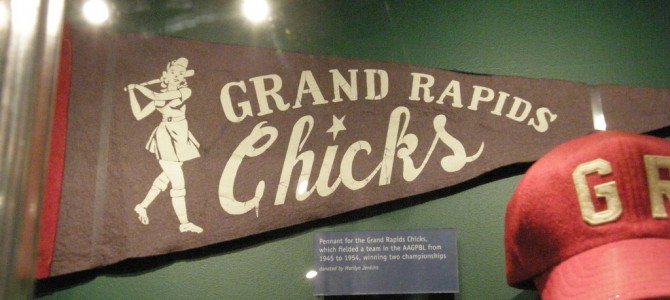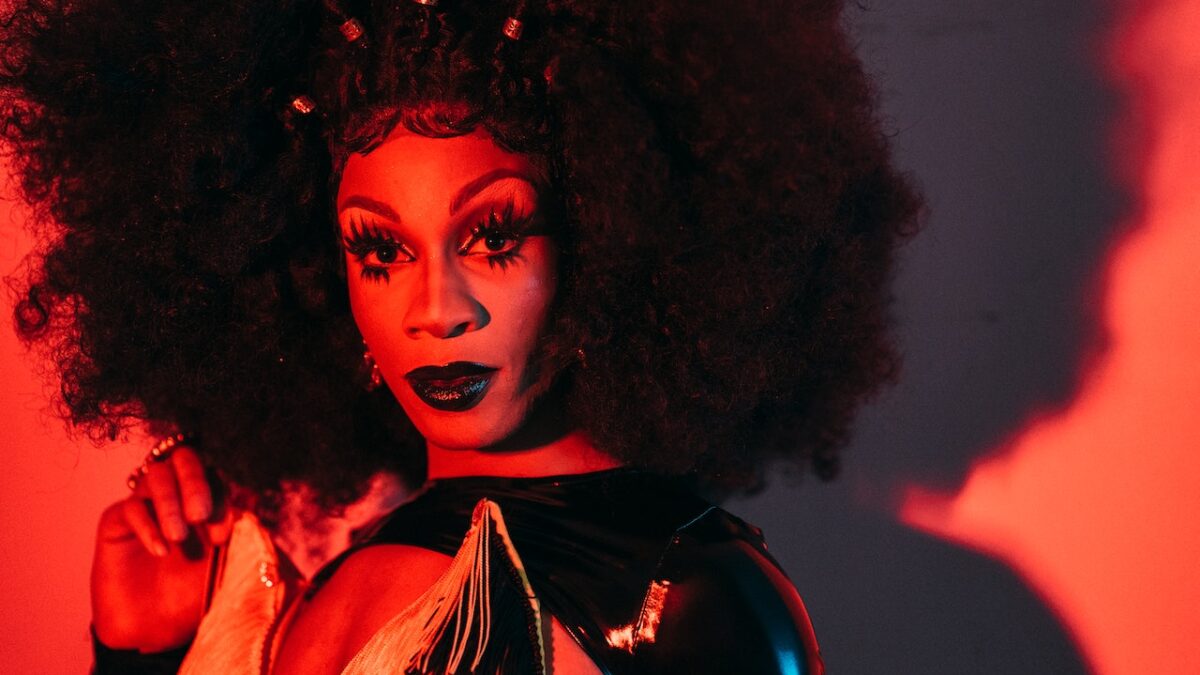Not to brag, but my mother-in-law is so awesome that she gave me her baseball signed by the 1952 New York Giants this Mother’s Day.
My own mother and I chat about baseball regularly. Her mother was so conversant in the game that she knew the slugging percentages for the St. Louis Cardinals, her favorite team. My mother raised me to be a St. Louis Cardinals fan, as she was raised. And I’m raising my daughters the same way. Their favorite player is Yadier Molina. And even though he has that neck tattoo, I can’t disagree with their choice.
In fact, when I saw that ESPN’s Sunday Night Baseball this weekend was the St. Louis Cardinals vs. the Pittsburgh Pirates, I told my husband that this was a very nice Mother’s Day treat.
It didn’t occur to me that my mother, mother-in-law, daughters or I should feel bad about being baseball fans until a feminist took the occasion to tell us that Major League Baseball is sexist.
Le sigh.
The piece is authored by Steven Goldman, the MLB Editor for SBNation.com. It begins “Baseball has not experienced its last Jackie Robinson moment.”
After invoking the importance of an openly gay player and mentioning how “fascinating” it would be to see a star from the Democratic Republic of Congo, we get to the point. Which is a discussion of whether any female has “the necessary upper-body strength to hit big league pitching or to pitch with enough stuff (or even guile) to retire big league hitters consistently.” Goldman’s position is that a female player with the necessary stuff is already out there but won’t be properly developed because of sexism (I think that’s his position at least):
Nevertheless, it’s not difficult to look at the games women do play and see that there are female athletes with the strength, speed, and reflexes to make the dream of a mixed-gender major leagues at least a possibility. I’m not suggesting that it’s common for women to have the upper-body strength to be true sluggers, but it’s not common for anyone to have that sort of strength, and baseball has always been amenable to many different styles of play. There have been good hitters who were small of stature but generated power through having unusually strong wrists, an exaggerated weight transfer, or a high leg-kick. And power, of course, isn’t the only successful way of hitting. Ichiro Suzuki made himself a Hall of Famer beating out 6-3 grounders, and many greats simply sprayed the ball from line to line and took a few walks. That approach fell out of style in recent decades as hitting home runs became easier and easier, but lower offensive levels and the new prevalence of the shift is just begging for it to make a comeback. There have been 163 players between 5’6 and 5’11 to play in the majors this year, and 15 players under 170 pounds. According to a random web site I just checked — it’s the government’s, so it’s probably correct — the current average height for a woman 20 years of age or older is around 5’4, with a weight of 166 pounds. That’s an average, with all the usual caveats that apply to numbers like this; there’s a high end and a low end. As such, it’s not hard to imagine there are a number of female athletes with more imposing forms than, say, Jose Altuve’s.
There we go. There we go. (The rest of the piece is about how awful people are for not enthusiastically embracing this improbable hypothetical. Because the only thing better than smug indignation from your betters is when the righteous indignation is combined with just making stuff up.)
At heart, feminism seems to be about helping people deal with their inability to accept the difficult reality of biology. Women are strong. It’s just that we have completely different types of strength than men. And what that really means is that comparing the possibility of females on MLB teams to Jackie Robinson is silly at best.
Jackie Robinson and other top black players who had played well for years at the professional level were kept out of baseball. Now, only 8.3 percent of players on 2014 opening day rosters identified themselves as African-American or black, according to Major League Baseball (down from a high of 19 percent in 1986). Of course, more than three-quarters of NBA players are black, so racial disparities are not just one-sided.
But it seems silly that out of the millions upon millions of women who’ve distinguished themselves athletically, we can’t really point to anyone as being worthy of a spot on an MLB roster, much less undeniably. This isn’t because of the sexism of sports but the reality of sex distinctions. Women and men are different. And these sex-distinction deniers need to just come to terms with that.
I’m not saying that we won’t see a female on an MLB team. Indeed, we already have, as the article references briefly. (Her name was Jackie Mitchell and it’s a great story.) I even had a couple of friends who played World War II-era women’s baseball. There was the disappointing failed experiment of the professional women’s baseball team the Colorado Silver Bullets, who I tried to support in college but couldn’t quite get into. (Permit me a quick digression to just note that A League Of Their Own is an oddly good and quotable baseball movie.)
Perhaps some knuckleballer phenom will break into the Majors. I don’t know.
But what I do know is that baseball is a great game that women love. And we don’t need to feel bad about the fact that we can’t play it at the professional level. We recognize that we have different core strengths than men and that we don’t need to be identical to men to be worthwhile. Indeed, a philosophy that is unable to accept the reality that men and women are built differently and built for different purposes, is not a liberating philosophy. It’s a philosophy that continuously suggests women are equal to men only so long as they are meeting standards designed around male talents. Let’s reconsider this stance and embrace what makes each sex different rather than pretending these differences don’t exist or matter.









